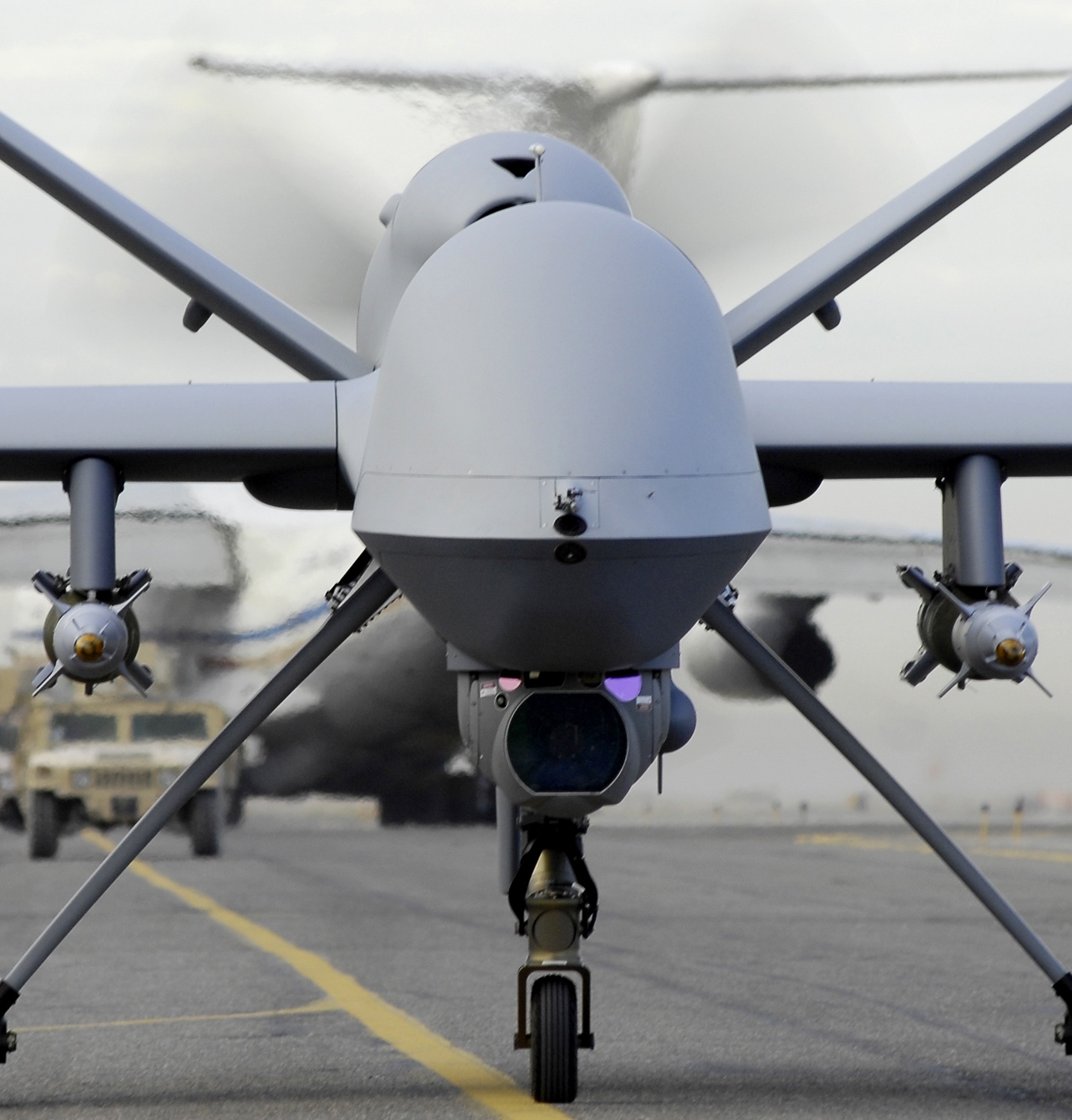

That is why a vision of the many challenges that remote war poses is necessary in order to prevent the escalation of violence. In addition, it is also necessary for the Netherlands to clarify how unrestrained warfare is integrated into the armed forces, because drones and robots will play a greater role in military operations in the future. The latter is crucial because current conflicts take place in diffuse circumstances, often against armed groups and not against a traditional army. This should include a clear legal framework on the deployment of force, both on and outside the battlefield. Legal framework on and outside the battlefield The possible arming of Dutch Reaper drones means that the Netherlands must come up with a clear and robust position that prevents the undermining of international law. None of these countries is willing to indicate boundaries when it comes to the armed deployment of drones in counter-terrorism operations. But countries with armed drones (such as the US, Israel, Great Britain and France) are prepared to carry out attacks outside of regular conflicts, operations they would not have carried out by other means. The law of war offers sufficient clarity about the use of deadly violence in regular war situations. Case in point was the Iranian drone attacks on Saudi Arabia last year. In combination with an increasingly longer flight time, this also leads to more options for attacks. This can lead to better decision making and more precise targeting. At the same time, dozens of countries that have military drones are likely to follow the American example.ĭrones have excellent cameras and sensors and can therefore see more than was previously available. In these countries there is growing opposition to these flying execution machines. With this campaign, the United States is stretching international law to legitimize their policies, without being transparent about why people are targeted and without compensating civilian casualties. Without any form of legal liability, drones continue to fire rockets at suspected terrorists, resulting in thousands of civilian casualties. The US started this war in 2002 in Yemen and has continued it in Somalia, Syria, Yemen and Libya to this day. The Reaper drone brings up associations with the American drone war in the Middle East and the Horn of Africa. Wim Zwijnenburg, project leader in the Humanitarian Disarmament department at PAX, set forth this argument in the Dutch daily newspaper Trouw. This is an excellent moment for the Netherlands to argue for clear limits on the use and export of drones. The Netherlands will soon have MQ-9 Reapers, which will not be armed but could be in the future. These type of attacks are increasing worldwide and raise questions about how drones make the use of violence easier. The same weekend in Libya, a rocket fired by an Emirati drone killed dozens of government recruits. The assassination of Iranian General Suleimani by an American Reaper drone has led to rising tensions in the Middle East.


 0 kommentar(er)
0 kommentar(er)
